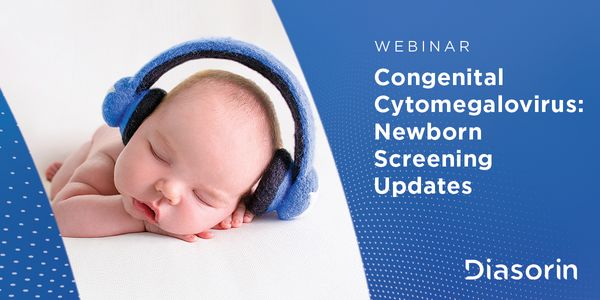Cytopathology Manager of Operations Indiana University Health
BIOGRAPHY
SEP 17, 2024 9:00 AM PDT
A Paradigm Shift to Extended HPV Genotyping - Getting to the COR of the matter
Speaker
Event Date & Time
Date: September 17, 2024
Time: 9:00 AM (PST), 12:00 PM (EST), 6:00 PM (CET)
Abstract
Discover the latest innovations in cervical cancer prevention and molecular diagnostics. This event will showcase cutting-edge advancements in integrated molecular automation and innovative assay design, with a specific focus on transforming screening practices through HPV self-collection in healthcare settings and extended genotyping designed to enhance risk assessment.
Learning Objectives:
- Insightful Presentations: Learn from an industry leader about the impact of integrated molecular automation on laboratory efficiency and throughput.
- Innovative Assay Design: Explore the capabilities of the BD Onclarity™ HPV Assay, the first FDA-approved test for extended genotyping, designed to provide comprehensive risk assessment.
- Addressing Barriers: Understand how expanded HPV self-collection is improving screening access and patient engagement, reshaping cervical cancer screening paradigms.
Secure Your Spot:
Don't miss this opportunity to be at the forefront of transformative technologies driving the future of cervical cancer screening. Register now to join us as we shape the next era of healthcare together!
Webinars will be available for unlimited on-demand viewing after live event.
You May Also Like
Loading Comments...







